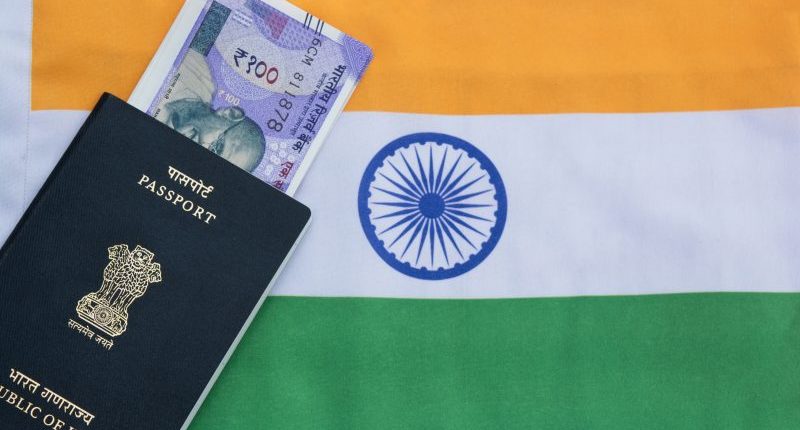Whether you need to pay tax in India will depend on your residential status as per the criteria defined in the income tax law. If you qualify as a resident individual, you are liable to pay tax on your global income in India. You are also required to report all the information of foreign assets while filing your income tax return. However, if you are a non-resident or resident but not ordinarily resident as per the income tax law, you are liable to pay tax only on Indian income, i.e. income accrued or deemed to accrue or arise in India, and income received or deemed to be received in India.
However, being a non-resident, if you receive a salary outside India for the services rendered in India, you must pay tax in India for the same. Hence, the leave encashment and gratuity received to the extent relating to services rendered in India will be taxable in India. If you provide services outside India and for which salary is received outside India, you are not liable to pay tax in India.
You can claim an exemption for the leave encashment and gratuity received in the following manner:-
Exemption on gratuity received
If you receive gratuity from your employer, then the amount received by you will be exempt from tax as per specified limits. Employees can receive gratuity if they have worked for more than five years.
As per the income tax law, gratuity received by government employees is fully exempt from tax and gratuity received by non-government employees is exempt subject to the lowest of the following:
- Half months salary (basic + dearness allowance) for each completed year of service
- Actual gratuity received
- Rs 20 lakh
Exemption on leave encashment received
If you have encashed your unavailed leaves on the termination of your job contract, the lowest of the following will be exempt from tax:-
- Actual leave encashment received
- 10 month’s salary (average basic salary of last 10 months)
- Cash equivalent of unavailed leave calculated based on maximum 30 days leave for every completed year of service
The gratuity and leave encashment received must be reduced by the exempt amount calculated above. The balance should be taxed under the head ‘income from salary’.
For any clarifications/feedback on the topic, please contact the writer at namita.shah@cleartax.in

I’m a chartered accountant and a functional CA writer by profession. Reading and travelling in free time enhances my creativity in work. I enjoy exploring my creative side, and so I keep myself engaged in learning new skills.





